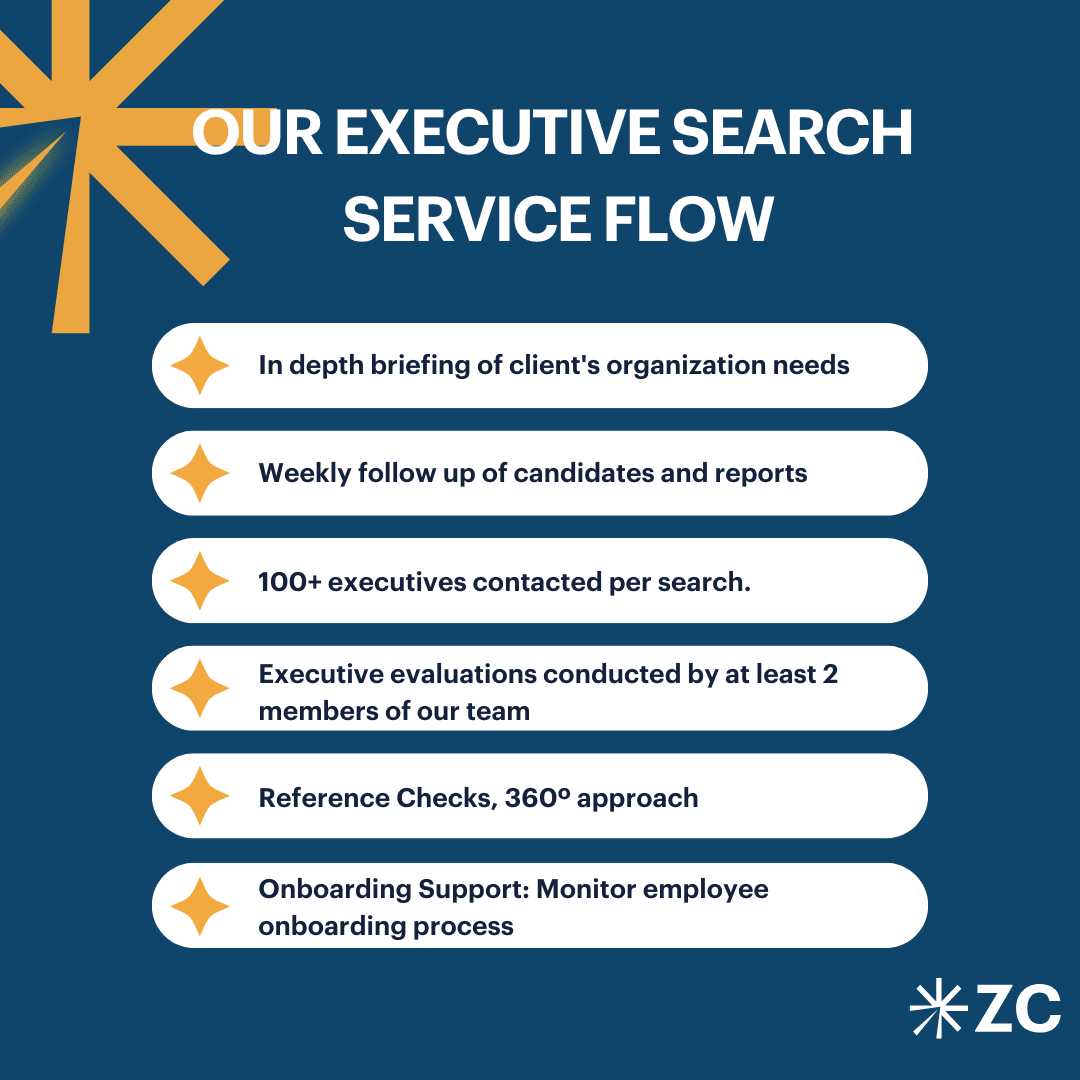The Metaverse is a disruptive technology that will have an impact in countless sectors and in our daily life. In the executive search industry, this technology has come to change the way things are done. Executive Search companies need to anticipate and be prepared for a wave of changes. Especially for those working in China, where the metaverse is rapidly developing and, little by little, will become part of people’s lives.
Executive Search firms, China and the metaverse are a triadic that will change the labor market as we know it.
But what are the changes the metaverse will bring to the talent market?
The metaverse will improve remote work by closing the interaction gap between people, offering an immersive experience that replicates the sensation of being present with the team members. In countries like China, with a well-established gaming culture, the transition to this alternative reality will probably be smoother and feel more natural than in other countries. making it also easier for executive search firms to work in the Chinese market.
One of the great advantages of the metaverse for the executive search activity is that this new reality will increase the range of potential candidates for a job offer. This is also especially beneficial for China, which will be suffering a talent shortage by the end of this decade.
This is an example of how China is already making use of what will probably become the future of executive search:
The Shanghai Data Exchange (SDE) is already recruiting globally for 150 positions as part of a campaign to position Shanghai as “a global digital hub.” In China, the 150 available positions cover the following nine divisions:
- Trade Management
- Marketing Development
- Data Trader Service
- Strategic Development
- Risk Control
- Product Development
- Human Resources
- Financial Management
- Research Institute
One of the most exciting consequences of the metaverse is the possibility of creating new roles that did not exist. Positions such as: Metaverse planner, Metaverse Safety Manager and Metaverse Hardware Builder will probably become some of the most wanted profiles. Being China a potency in technology we can guess it will probably become one of the first countries to train this kind of talent.
The other great advantage of the metaverse for Executive Search companies is the possibility of saving costs. In the metaverse there are no space limits: headhunters can have interviews, give formations and interact with clients and candidates in a very immersive experience without relocating or without being in an office. Moreover, they can make use of all the amazing possibilities that this technology offers and that will be very expensive to recreate in the real world.
So where is China now when it comes to the metaverse and when can the executive search sector expect to have all these changes in their day-to-day work?
Here are some facts on where China stands these days regarding the metaverse:
- China launched a Metaverse week in May of this year, where many subjects were covered and linked China and the metaverse industry preparing for a future.
- The metaverse was examined on March 22nd at the back-to-back annual meetings of two of China’s major political bodies (the National People’s Congress (“NPC”) and the Chinese People’s Political Consultative Conference (“CPPCC”)).
- A recent survey from the World Economic Forum showed that the country that was most excited to enter the metaverse is China. Out of all the respondents in China, 78 percent thought that the growth of the metaverse was a good thing.
- A report published by Morgan Stanley predicted that the Metaverse would be worth about $8 trillion (US) in China.
Zavala Civitas Executive Search
We are Zavala Civitas Executive Search. We have walked alongside our clients. supporting them in matters ranging from Executive Search to broader Organizational Consulting. We are ready to be your talent and Organizational partner in China & East Asia. We are ready to tackle new challenges and risks with your firm. Click here and get in contact with us.







